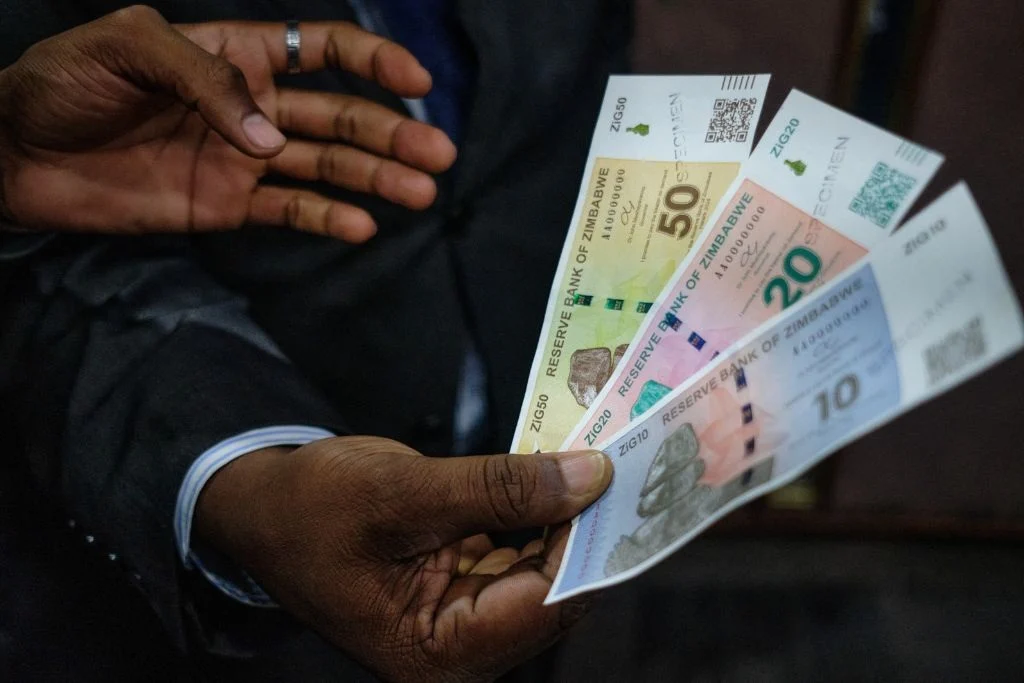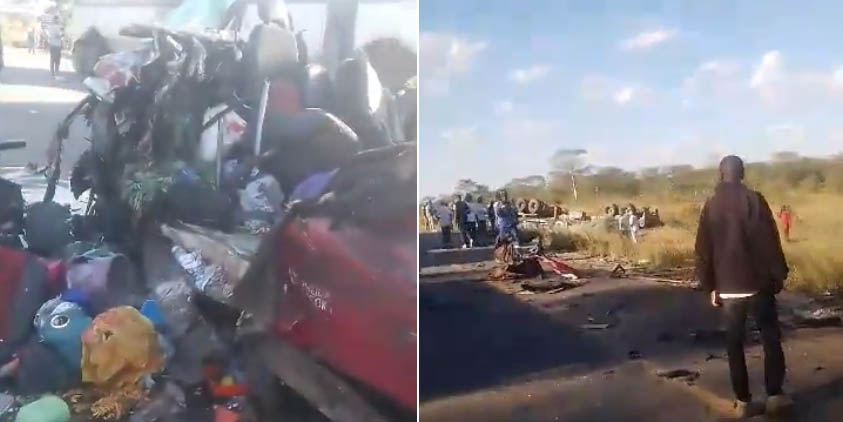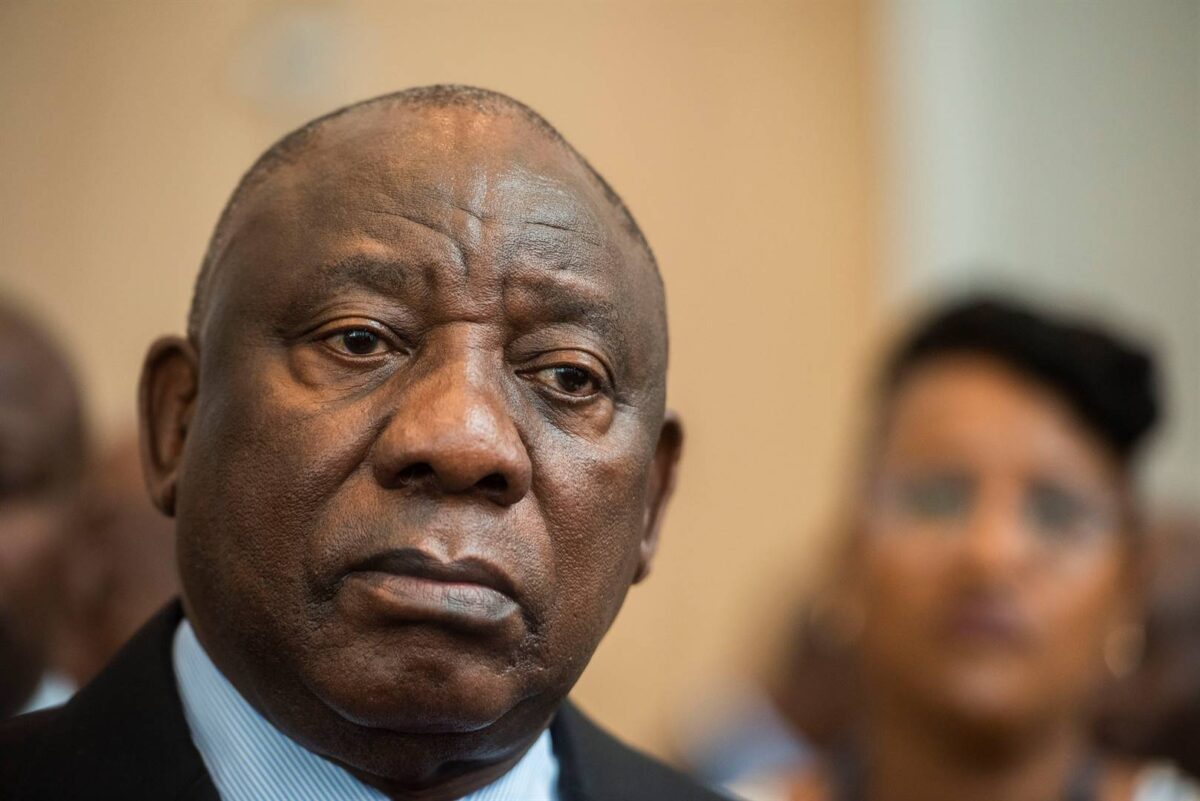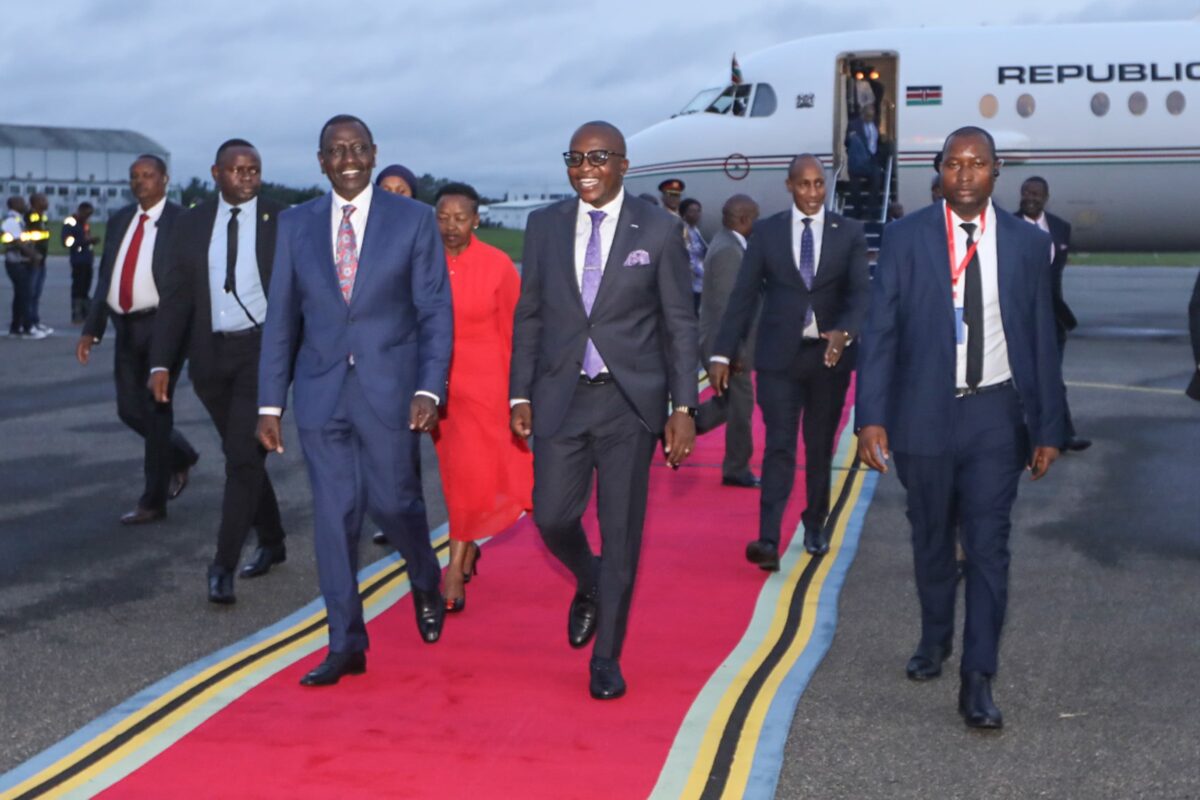HARARE – The City of Harare will from Tuesday to Friday conduct a door-to-door polio vaccination exercise for children below five years as part of a nationwide campaign to eradicate the disease.
Polio terrified parents around the world for the first half of the 20th century. Affecting mainly children under five, it is often asymptomatic but can also cause symptoms including fever and vomiting. Around one in 200 infections leads to irreversible paralysis, and among those patients, up to 10 percent die.
The first round of vaccination took place in October last year while the second round followed in December the same year.
The third polio vaccination campaign is aimed at protecting children against the disease as part of a response to polio outbreaks reported in Malawi and Mozambique recently.
In an update, Harare said it would combine static vaccinations at its clinics with door-to-door and mobile inoculations to reach at least 95 percent of children in the capital.
The council said it expects to deploy at least 507 mobile teams to vaccinate children at home, shops and public spaces.
“City of Harare will join the rest of the country in the third round of Polio Supplementary Activities (SIA),” the local authority said, adding that it expects to vaccinate 325,851 children,” it said.
City of Harare principal health promotion officer, Israel Makwara told journalists recently that the local authority would make sure that all children below the age of five get the vaccine.
“The third round of the oral mass polio vaccination will take place from May 23 to 26. We are hopeful that all logistics will be in place for that exercise to ensure that any child below the age of five in Harare gets the vaccine.”
The fourth round of mass polio vaccinations is scheduled for June 27 to 30.
Polio, a highly infectious disease spread mainly through contamination by faecal matter, used to kill and paralyse thousands of children annually. There is no cure, but since a vaccine was found in the 1950s, polio is entirely preventable. Globally, the wild form of the disease has almost disappeared.
A new case of wild polio found in Mozambique in May last year was found to be very similar to a case previously reported in Malawi.
Malawi had declared its first case of wild poliovirus in 30 years, when a three-year old girl in the Lilongwe district was paralysed as a result of her infection.
The case raised alarm because Africa was declared free of wild polio in 2020 and there are only two countries in the world where it is endemic: Afghanistan and Pakistan.
Zimbabwe’s health ministry says it will strengthen surveillance and routine immunisation.















